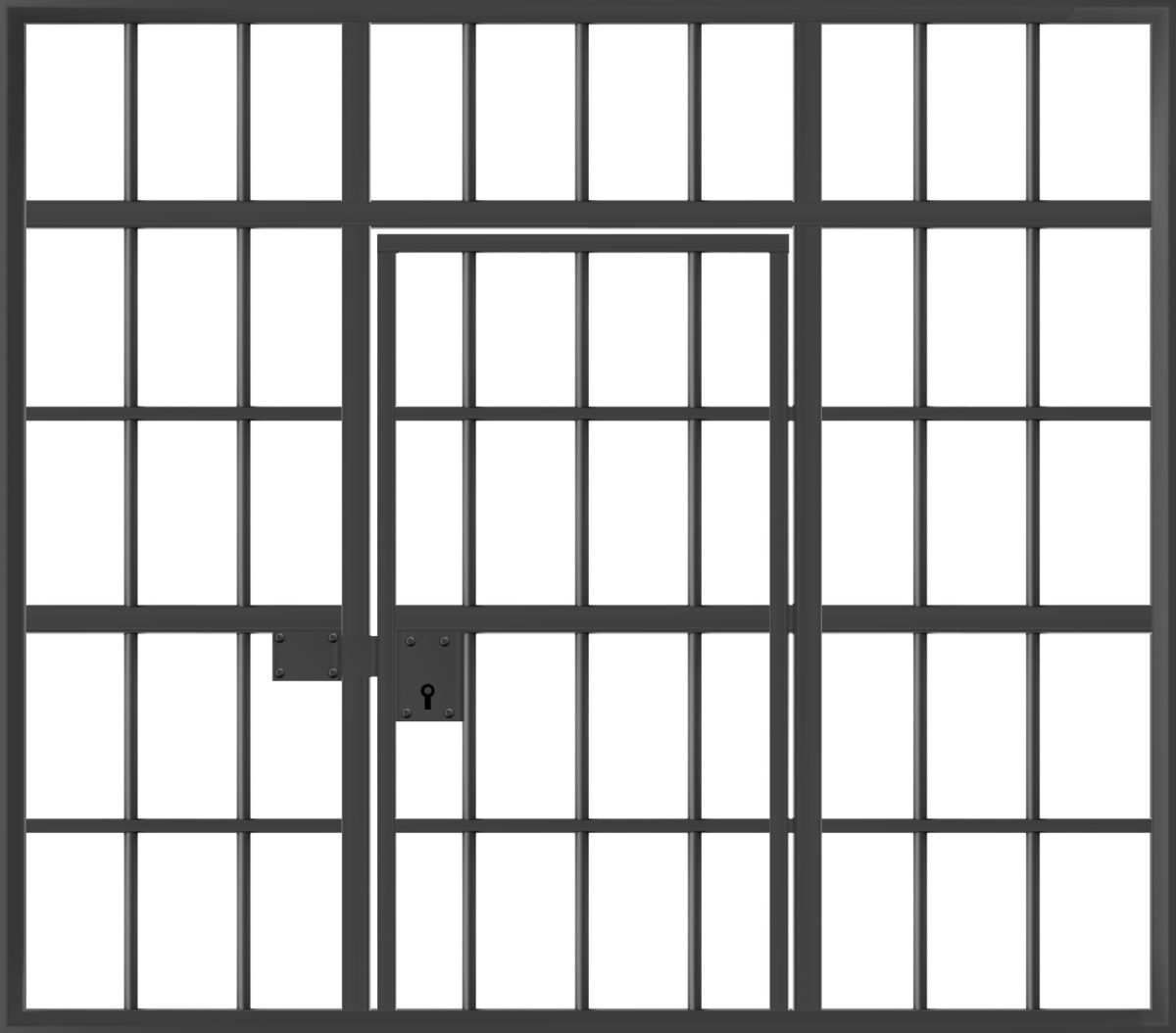A distrust in law enforcement, stemming from the videos captured of the victims of police brutality, specifically against black males, have sparked outrage and created a national call for officers to be required to wear body cameras.
Proponents for this change argue that cameras will decrease police brutality, protect citizens, and hold officers more accountable for their actions; however, I do not believe the speculative benefits outweigh the cost of body cameras.
The obvious issue is money: the cost of the cameras for over a million American cops, training, storing all of the recorded data and the cost of placing these items on over a million officers can be expensive. President Barack Obama requested $75 million from Congress to help communities buy 50,000 more body cameras. For a small town like Ferguson with 54 officers, the cost of each officer carrying a camera would be around $19,000. Considering the police department’s budget for the police department is about $5.2 million a year, this would be a relatively easy endeavor to accomplish.
The big cost comes from storing all the data recorded by the officers, which would cost some cities millions. San Diego’s five-year contract with Taser for 1,000 cameras would cost $267,000 for the devices and another $3.6 million for storage contracts, software licenses, maintenance, warranties and equipment.
The largest cost that arises when discussing body cameras is the cost of privacy: the cost of living your life with fear that you must be on your “best behavior.”
I believe that body cameras will cause police brutality to lessen; police will become more accountable and, as a result, more officers will be charged for their crimes.
The social cost is greater than the physical costs of cameras. It is trading one fear for another, the fear of being mistreated and abused for the fear of having our every accident, mistake, illegal terrible thing we do recorded for the rest of our lives; the fear of a moment of abuse for a lifetime of being on our toes, extremely careful of our actions; and the fear of being caught doing something wrong on the cameras we asked for. If the biggest issue is trust between the public and law enforcement, what does that say about society? A society that would opt to, instead of addressing an issue, place cameras to watch everyone.
What is needed to fix the tension in these communities is clear communication and perception. Much like these cameras we want to place on officers, we only get one view of an issue that doesn’t always show the whole truth.
What we need is law enforcement to be clear about their mission to protect us and clear in addressing their issues. We need to hear that we can trust officers.











